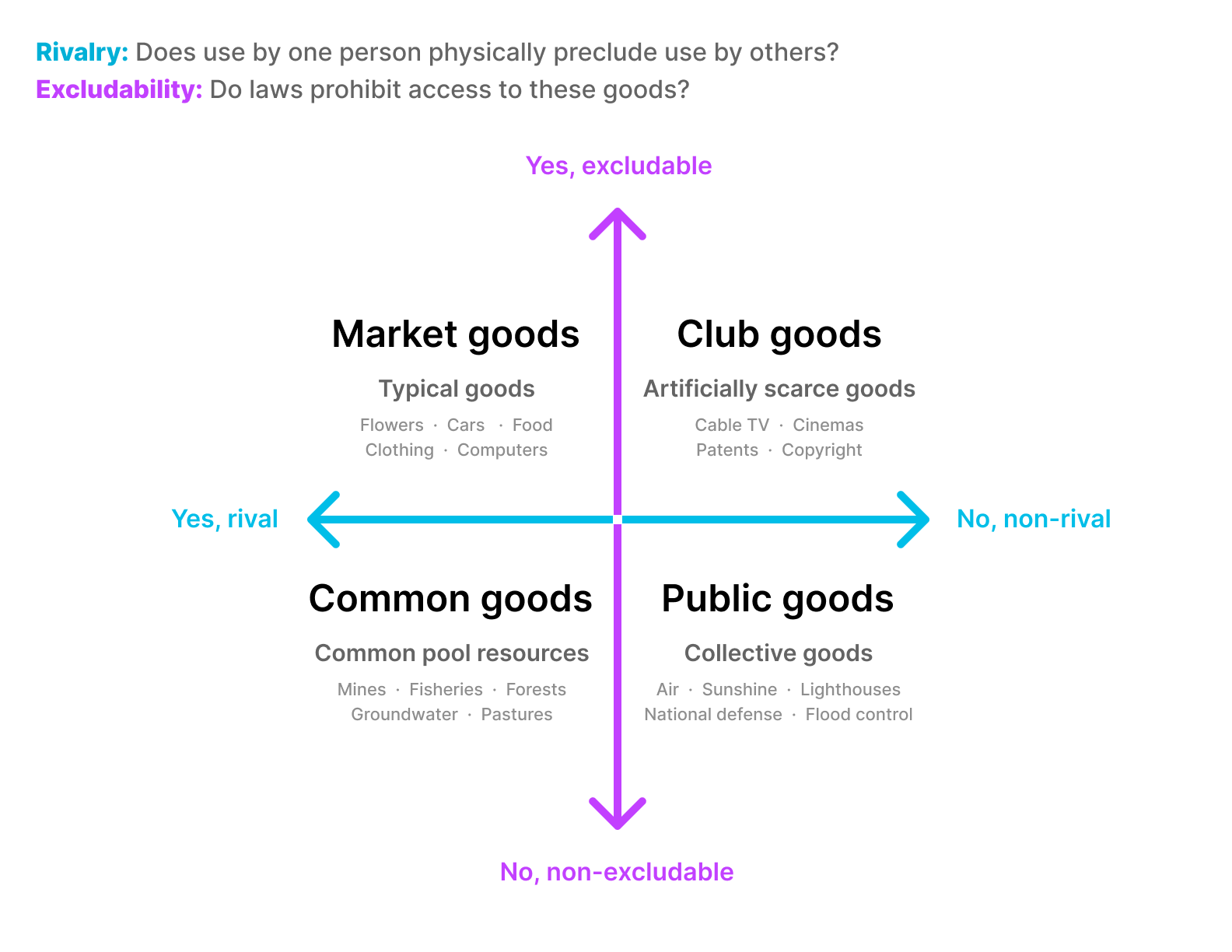Build pathways between communal and private work. Too often, we celebrate one or the other, but thinking actually works best when it has the opporunity to be done both in private and alongside other people. Proximity and ease of movement between the two modes matters. If a person can work on ideas alone and privately for a little while, then easily bring those ideas to a group, then move back to the private space, and continue this cycle as necessary, the thinking will be better.
This is a model that is tacitly being used by the IndieWeb in slowly developing better social media and communication on the web.
